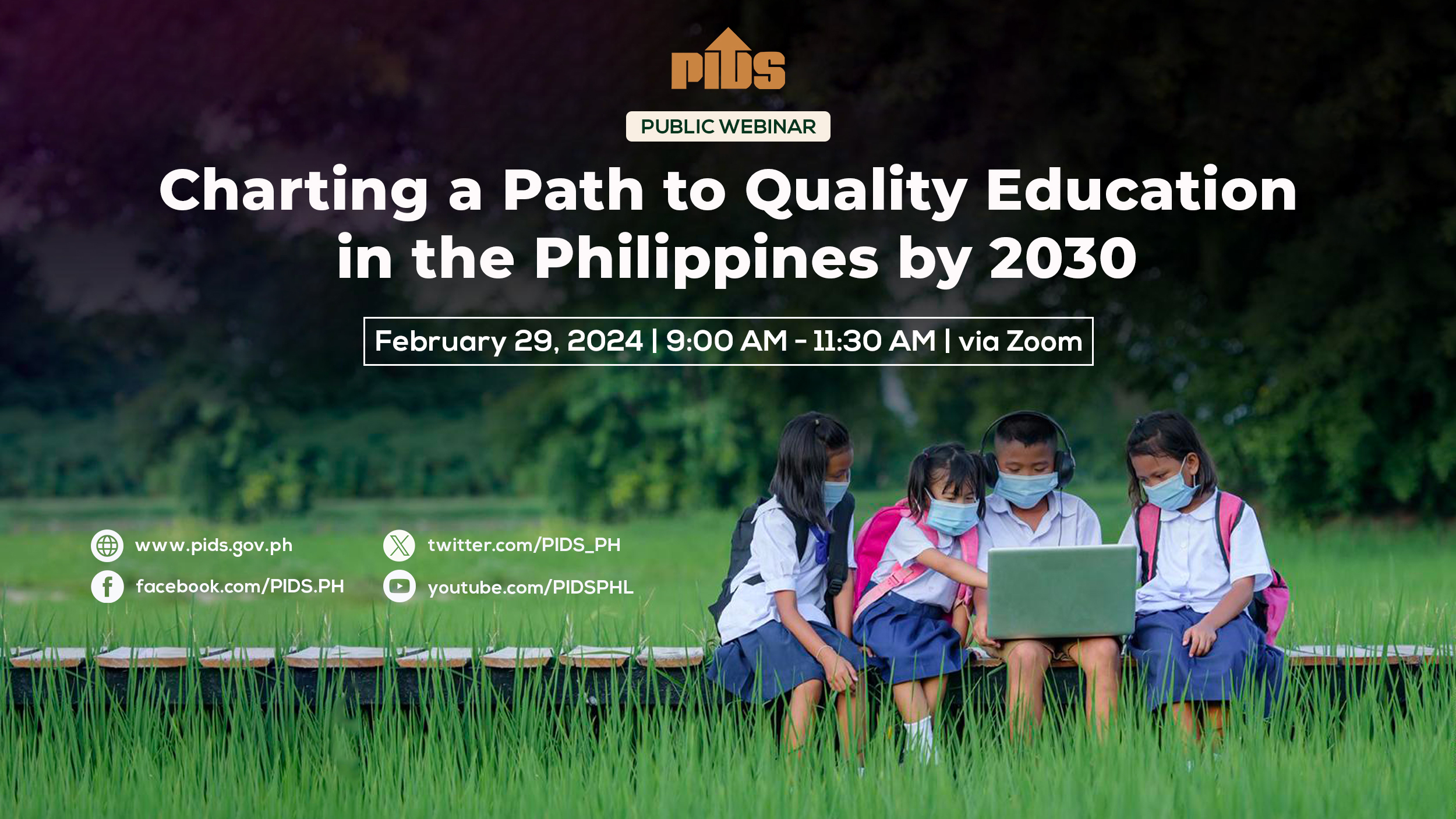In the campus not far from where I sometimes stay, there’s a wild rumpus of sorts – the school grounds are again teeming with students, cafes are filled to the brim; jeepneys are plying the roads again and the familiar heavy traffic is back.
Face-to-face classes have resumed and it’s all good. I am happy for our students. Two years of online schooling have been difficult for them. Some have developed disorders – from sleeping problems to eating disorders to anxiety issues.
I hope the return-to-normal of our students’ school lives continues and stays, that there won’t be another disruption or lockdown. Online or remote schooling should only be reserved for adults or for those already pursuing post-graduate studies and not for kids in their growing years.
They need to be in the campus to learn, not just in the four walls of the classroom but through social interaction, extra-curricular activities, participation in organizations, time with their classmates, friends and peers, internships, etc.
The Marcos administration must prioritize education. The state of education in this country has deteriorated so much that almost all the sons and daughters of lawmakers, policymakers, tycoons and everyone else who can afford it, are studying outside the Philippines.
Can you imagine that? Our lawmakers and policymakers don’t trust our educational system. Some of our tycoons are investing in our schools to improve the quality of education here but at the end of the day, they don’t want to send their very own to Philippine universities.
Someone once wrote that if our policymakers were required to send their children to Philippine schools, then the quality of our education system would surely improve.
But we can’t blame them for whisking their children to the best schools abroad. The quality of education in the country, after all, has deteriorated through the decades.
R&D
President Marcos has talked a lot about improving education. There is no time to waste. He must walk the talk.
Our government must invest heavily in research & development and training of our educators and teachers.
State-owned think-tank Philippine Institute for Development Studies (PIDS) has also emphasized the importance of generating, reporting, and discussing data on education quality and performance in formulating related policies and plans.
PIDs said in a commentary released in May that we should look at the outcome of exam scores because these will tell us how much students have learned.
It also emphasized the need for more interaction between teachers and their students. PIDs also recommended other means of technology to make learning more interactive.
Along with this, the private sector can also invest more in education. The Gokongwei Group has already announced that it would also focus on training teachers and not just providing scholarships to students.
I hope other conglomerates do their part as well.
Internships
We should also have more internships.
Absolut Distillers Inc., for instance, has an internship program for students of University of the Philippines Los Baños, Gerardo “Gerry” Tee, COO of Absolut Distillers shared with me.
He said a five-week internship program of 15 students from the Department of Chemical Engineering, University of the Philippines Los Baños was conducted under the supervision of Absolut Distillers Inc. from July 4 to August 4, 2022.
The students stayed in the premises of the distillery where they immersed themselves in the different sections of the factory from distillation and dehydration to boiler operations.
This is the first-ever face-to-face learning activity of the students after being confined in online learning for 2.5 years.
The interns shared their experiences.
“It was a fruitful and fun experience – to build and nurture relationships with fellow interns, the supervisors and operators of the plant, to learn things that are not taught in a classroom setting, and to hone practical skills from the application of theories,” said one student.
Said another: “the in-field experiences gave a bigger grasp about the course and returning to the classroom will not alienate me to the equipment, tanks, valves, pumps, and motors.”
Tee, himself an engineer, received the testimonials of the students as proof that practical learning makes students appreciate the theories more.
He said that students have different competences that they can explore and discover outside the classroom.
All-in-all the general wish of the students was for the internship program to have lasted longer so that they can scratch a bit more with the operations to learn more and to experience more, to solve problems when they arise, to understand the theoretical concepts in its real-life applications.
Indeed, initiatives such as this must continue. Our students need all the help they can get.
I am sure that nurturing future generations of Filipinos through education can easily produce new leaders in various fields and this in turn, would enable our country to reach its full potential. Let us also instill in our youth an impassioned love for our country so that they can help our nation become great again.












